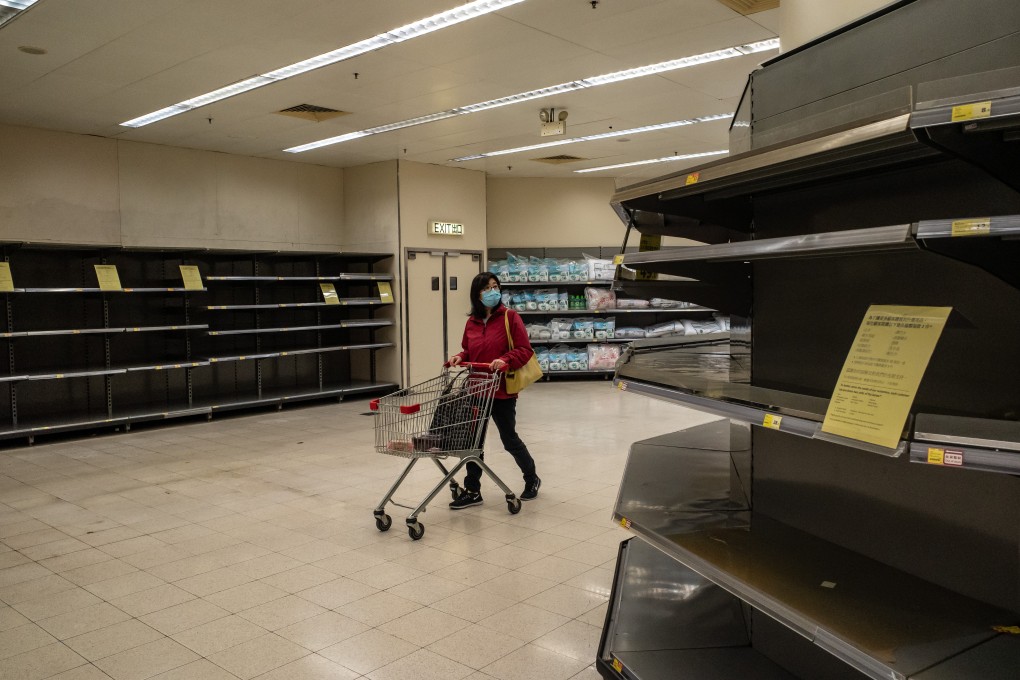Advertisement
Coronavirus: first Hong Kong and Singapore, now ‘virus-free’ Indonesia hit by panic buying
- The country hasn’t officially confirmed a single case of the deadly new coronavirus that has infected tens of thousands and claimed nearly 1,400 lives
- Yet shoppers in the archipelago nation of 260 million have still been sent into a panic buying frenzy. The only question is why?
Reading Time:3 minutes
Why you can trust SCMP

Frantic customers throwing any non-perishable items they can get their hands on into shopping trolleys. Face masks, disinfectants and floor cleaners vanishing from pharmacy shelves, with no replacement stock available.
These have been some of the disturbing regional fallouts from the deadly coronavirus outbreak, with multiple instances reported in Singapore, Hong Kong and Japan.
The same thing is now happening in Indonesia. The only question is why?
Advertisement
As of Friday, neither the Indonesian government nor the World Health Organisation had confirmed a single case of the coronavirus or Covid-19, the pneumonia-like disease it causes, in the country despite it being encircled by infected neighbours.

Hundreds of Indonesian and Chinese nationals who have been in China in recent weeks remain under quarantine for observation, however, and The Jakarta Post reported a 19-year old Indonesian university student had been quarantined in the Maluku Islands after falling ill following a trip to Malaysia.
Advertisement
Advertisement
Select Voice
Choose your listening speed
Get through articles 2x faster
1.25x
250 WPM
Slow
Average
Fast
1.25x